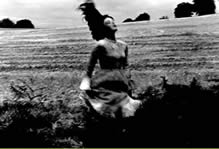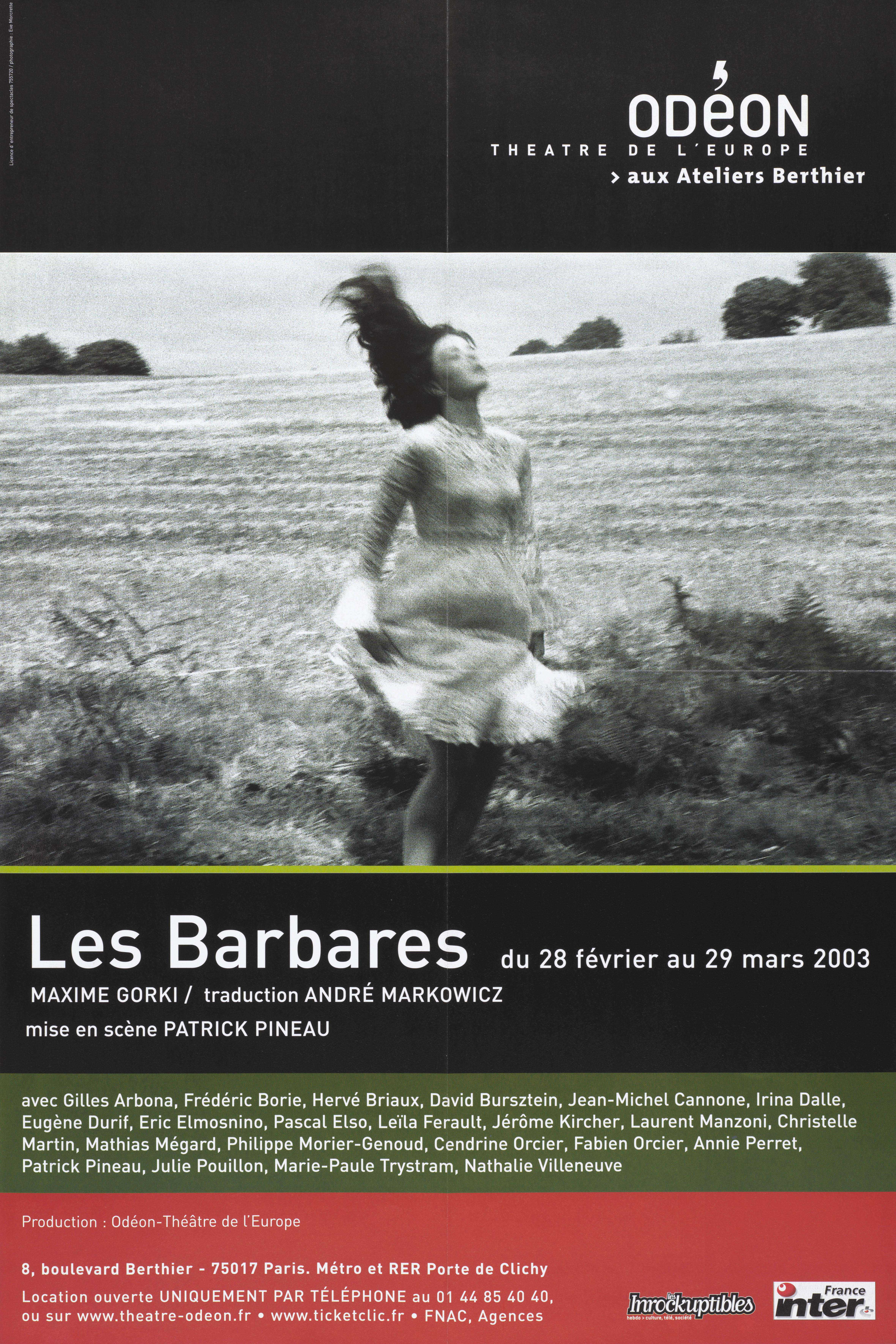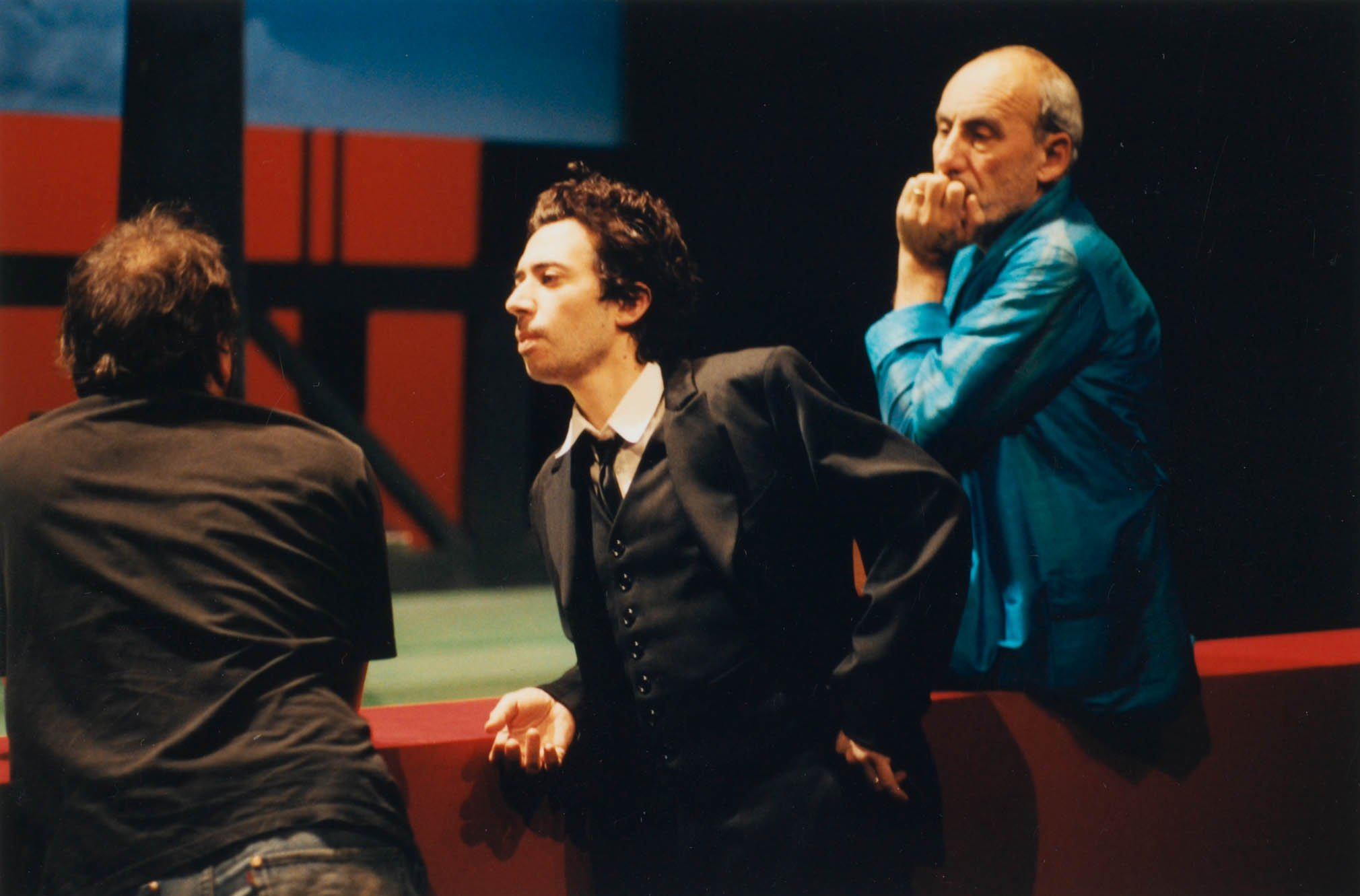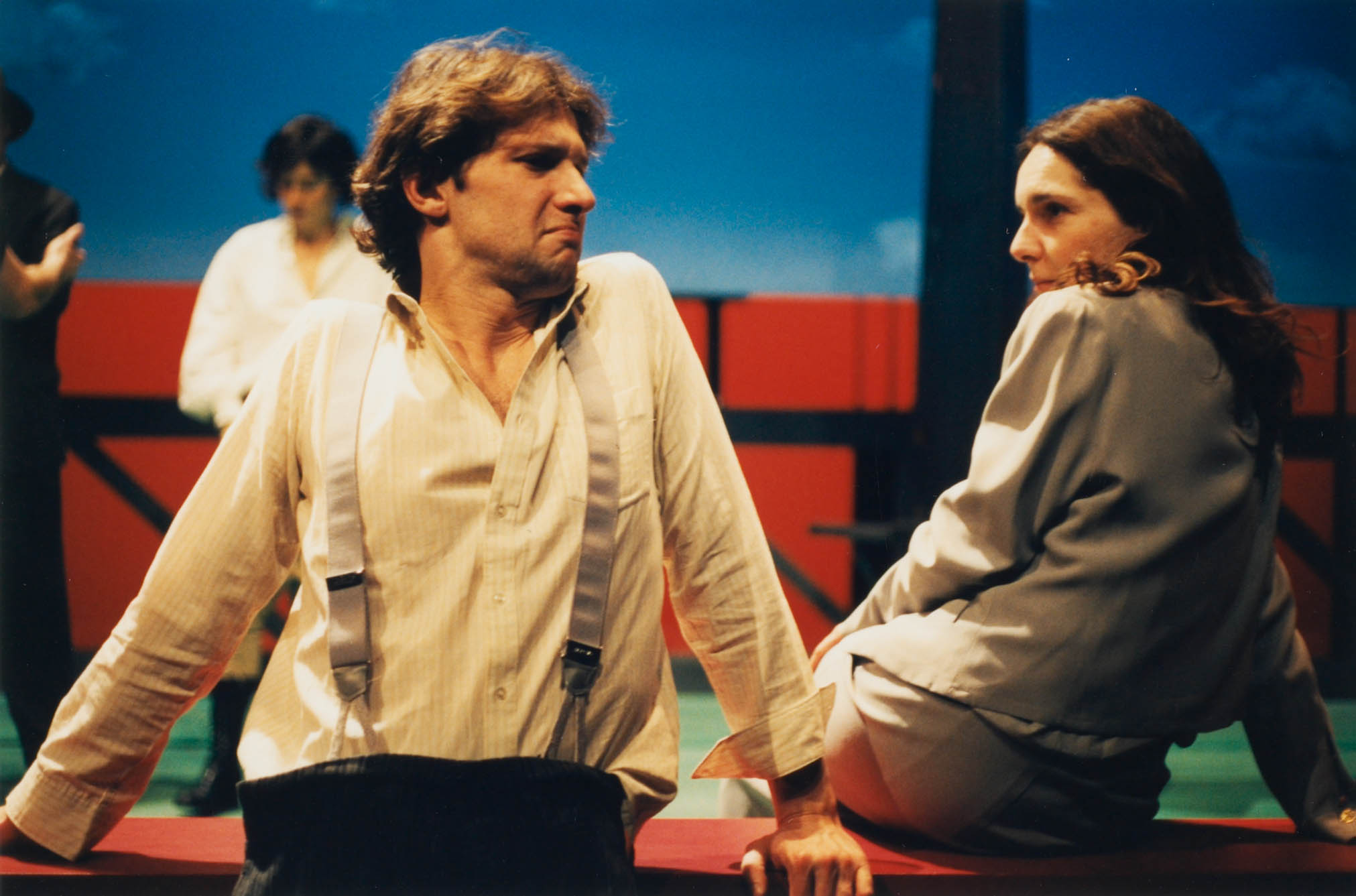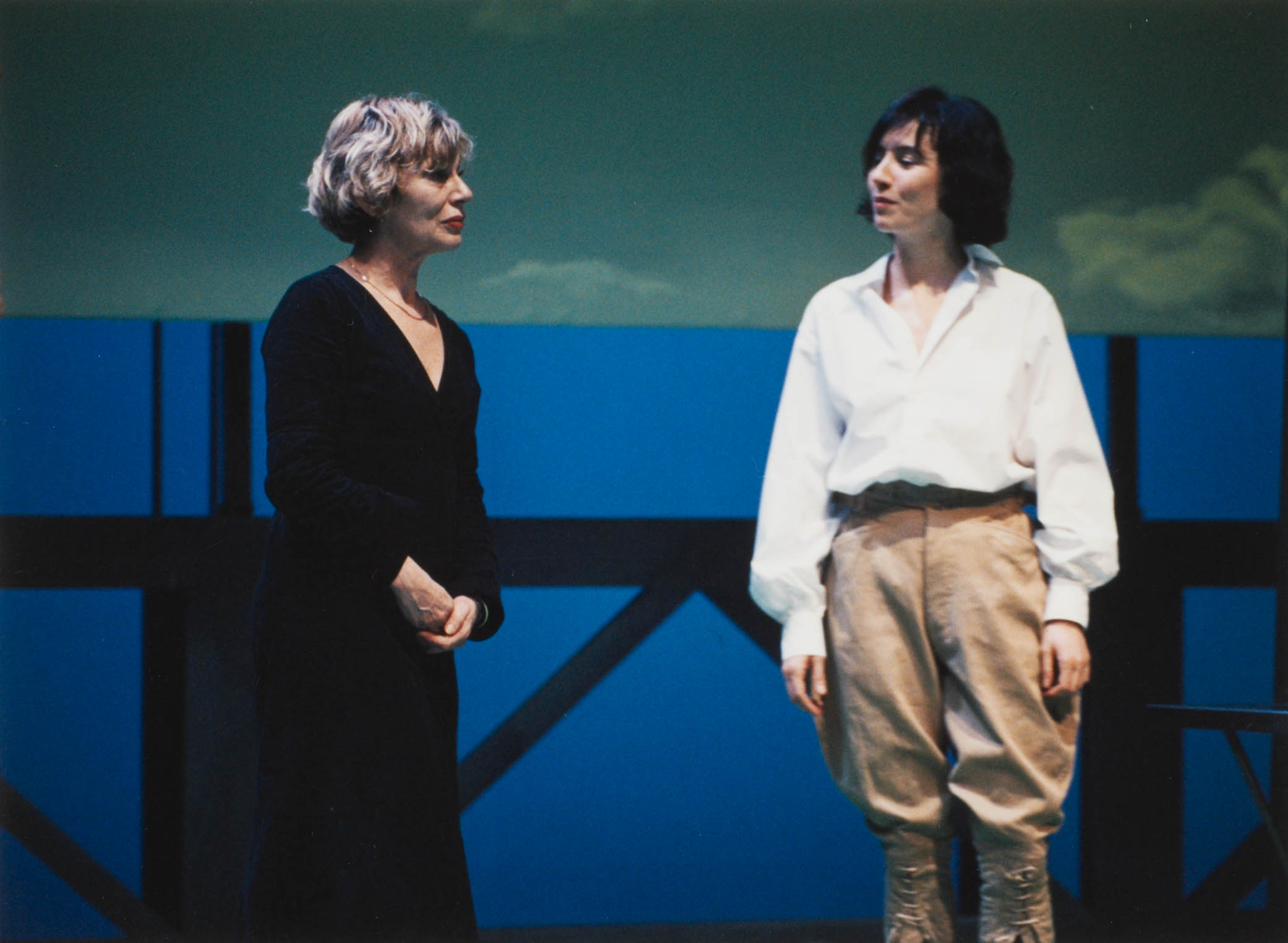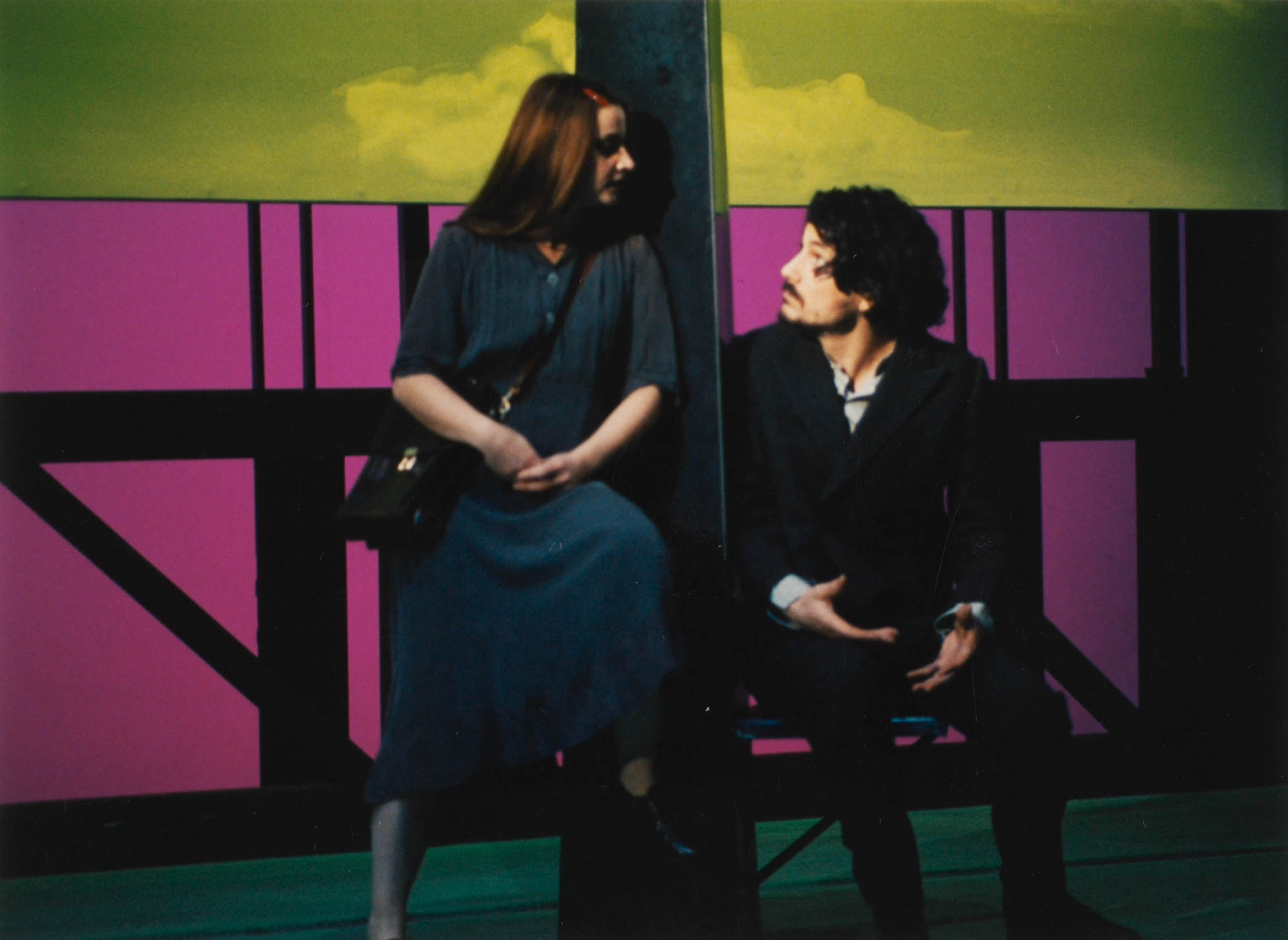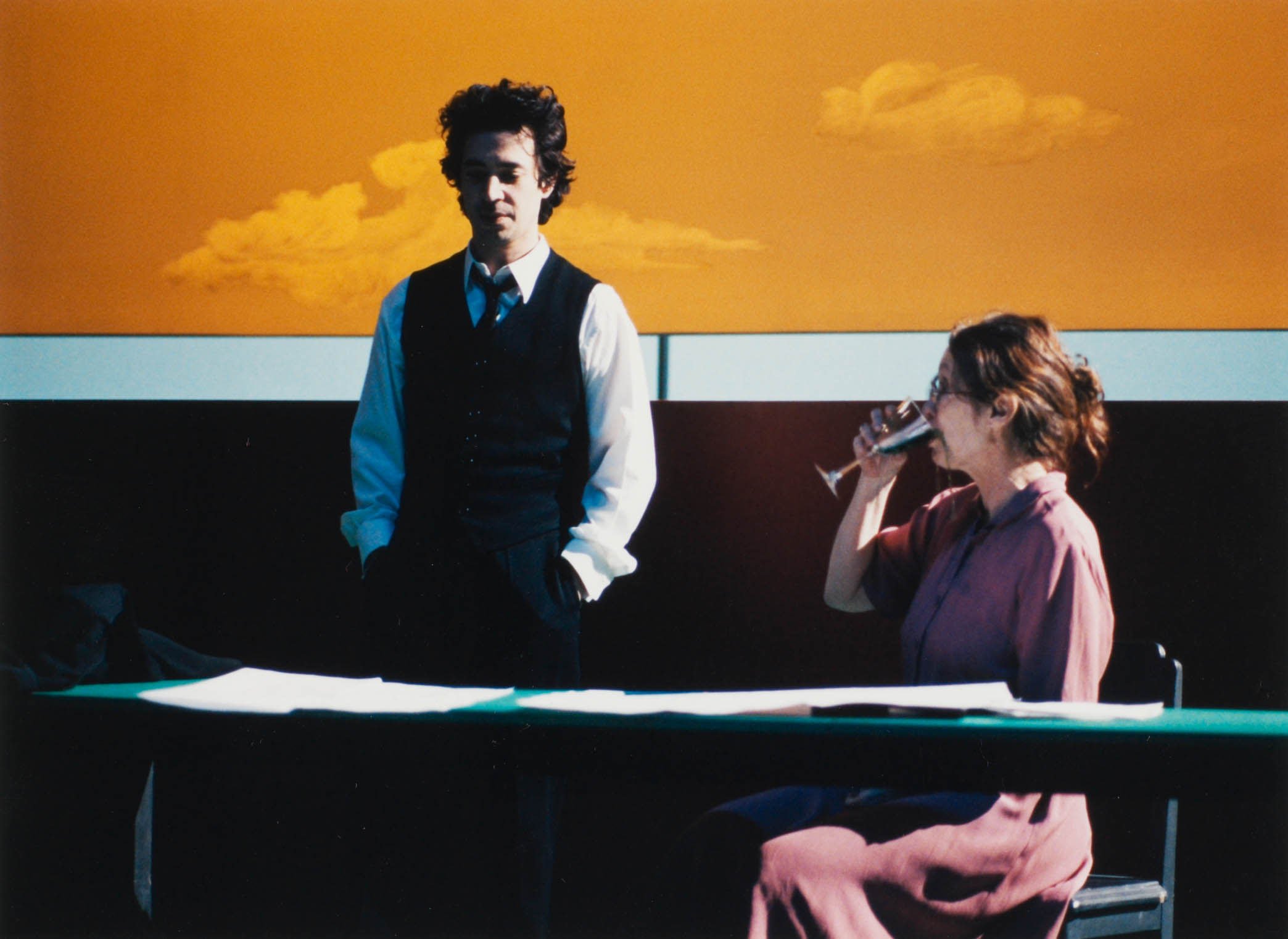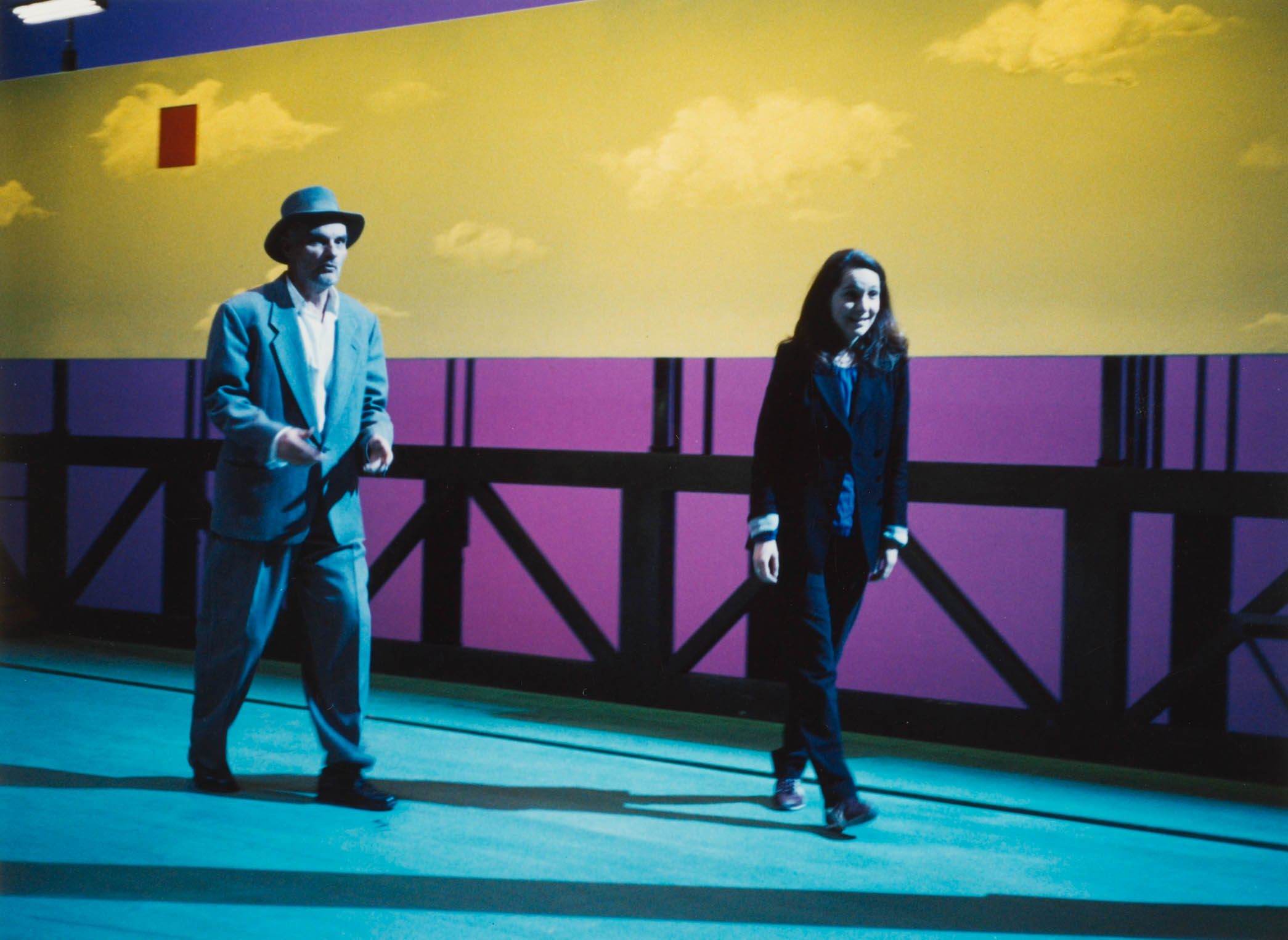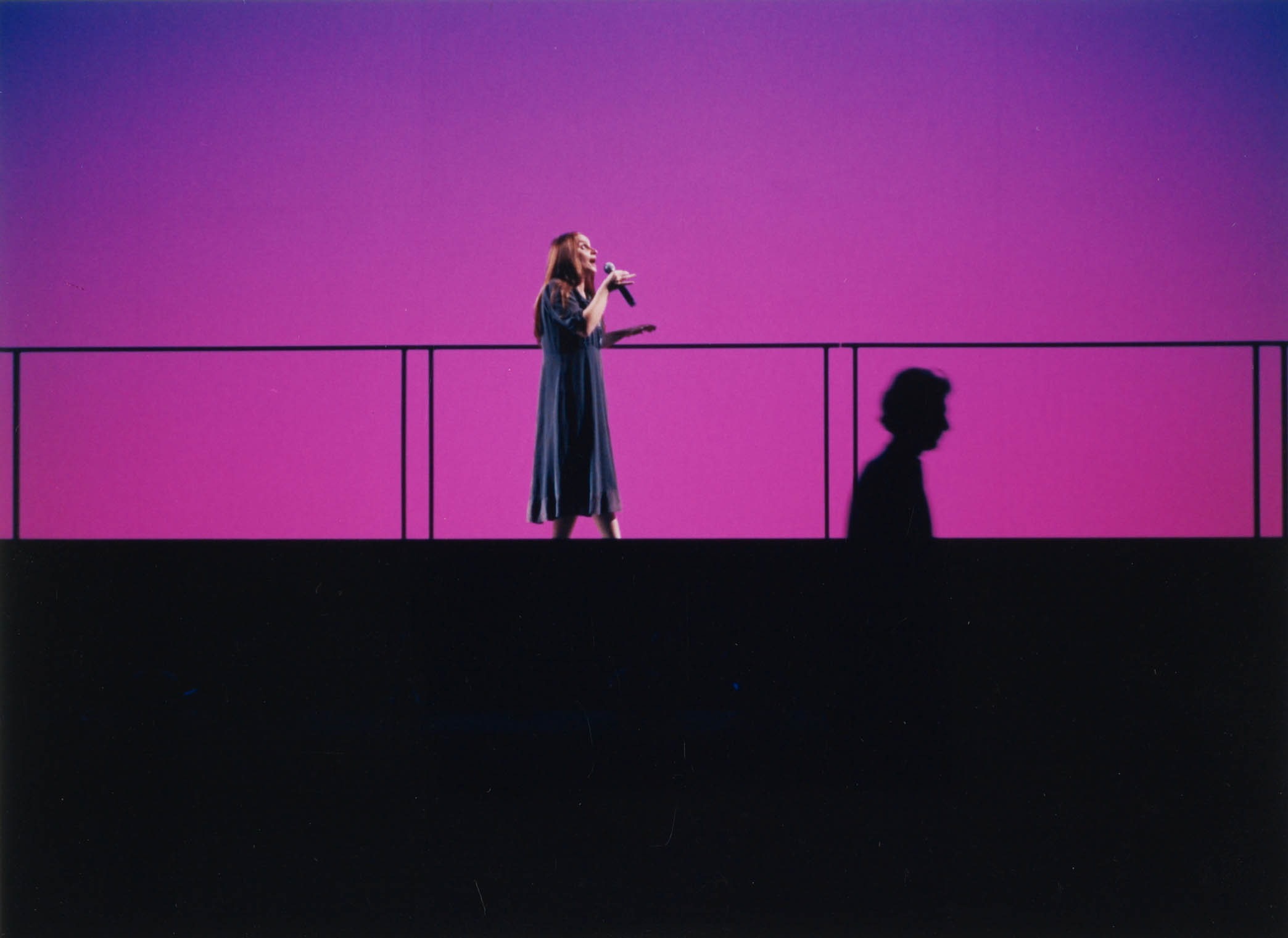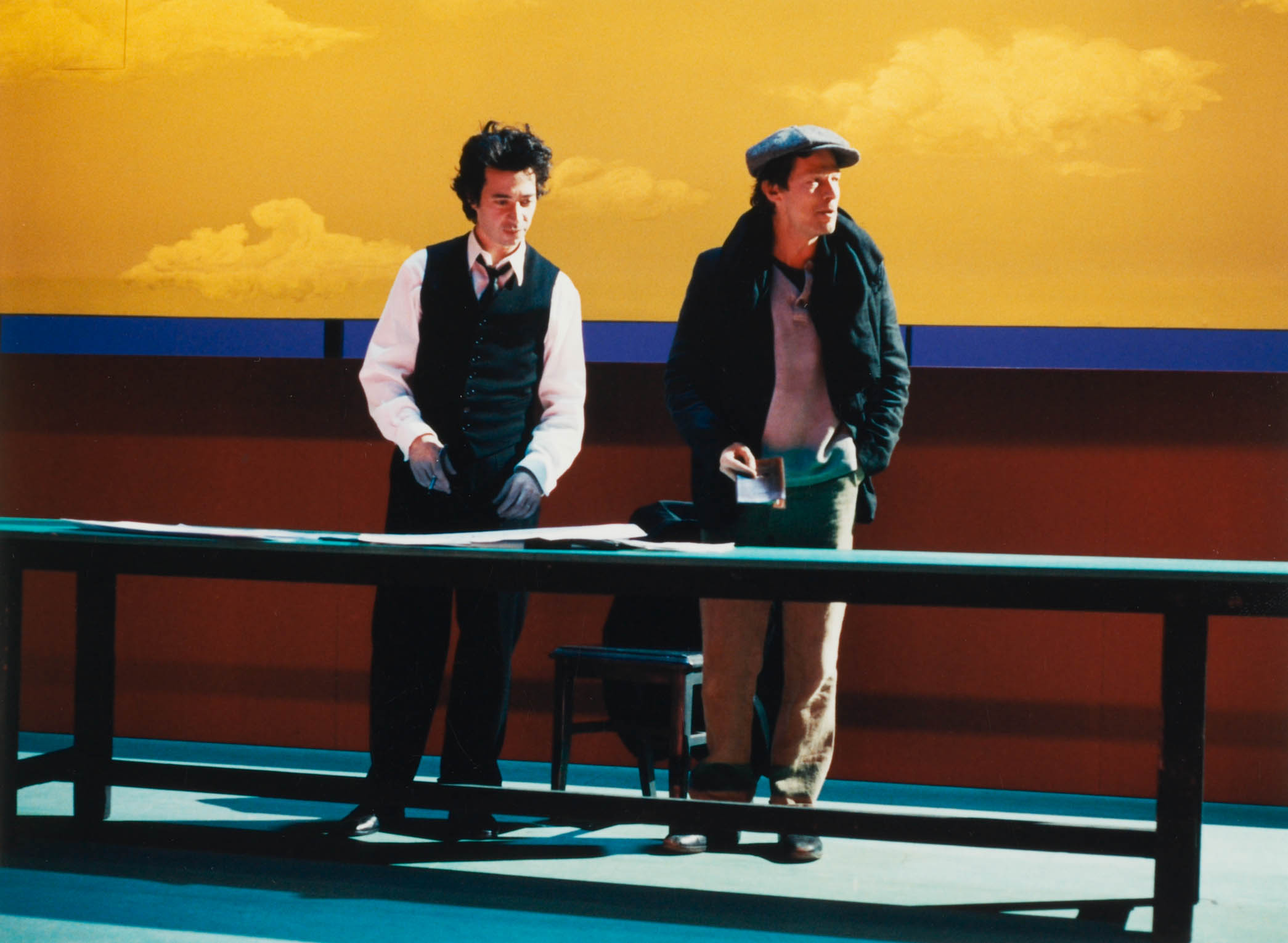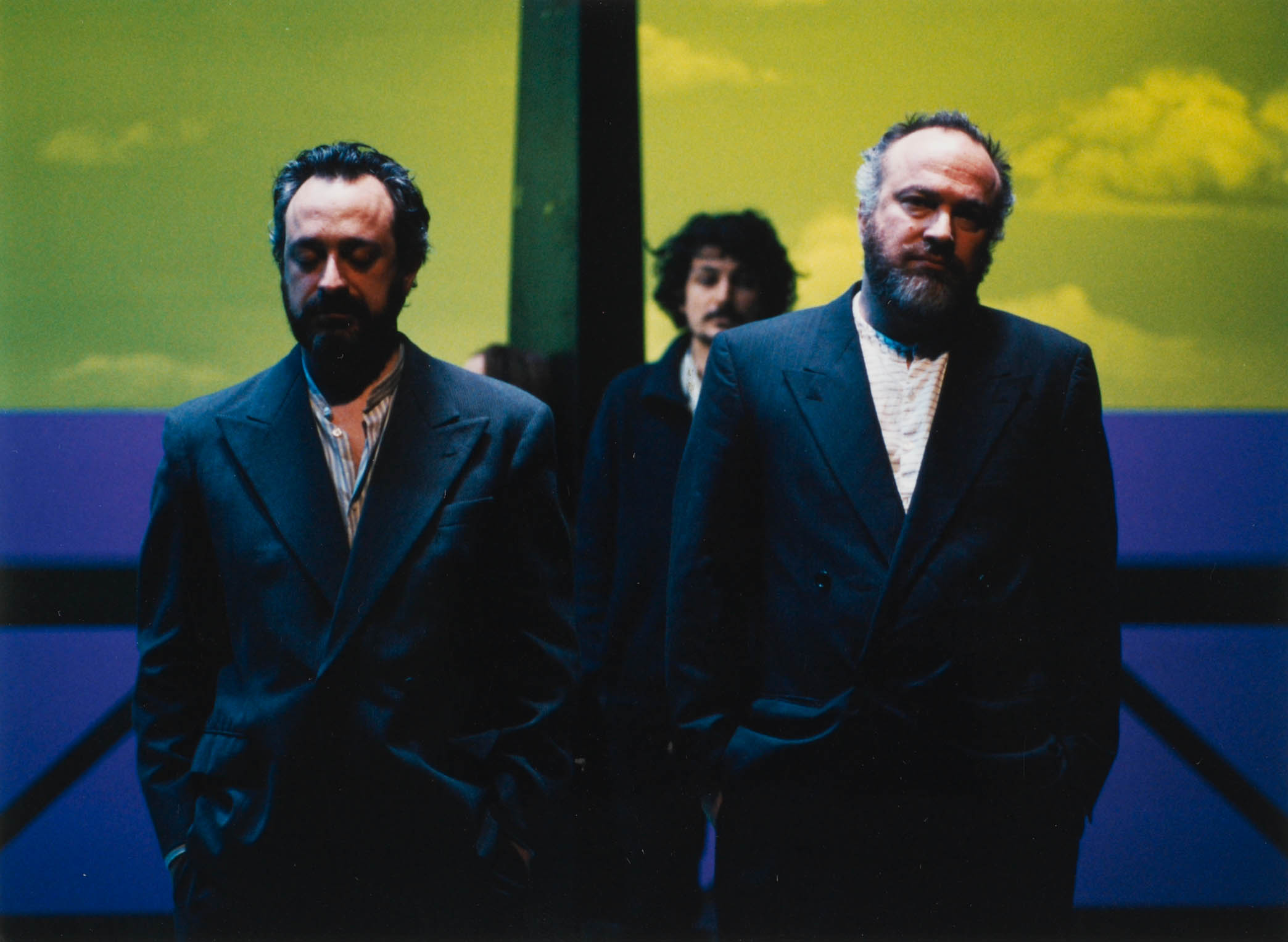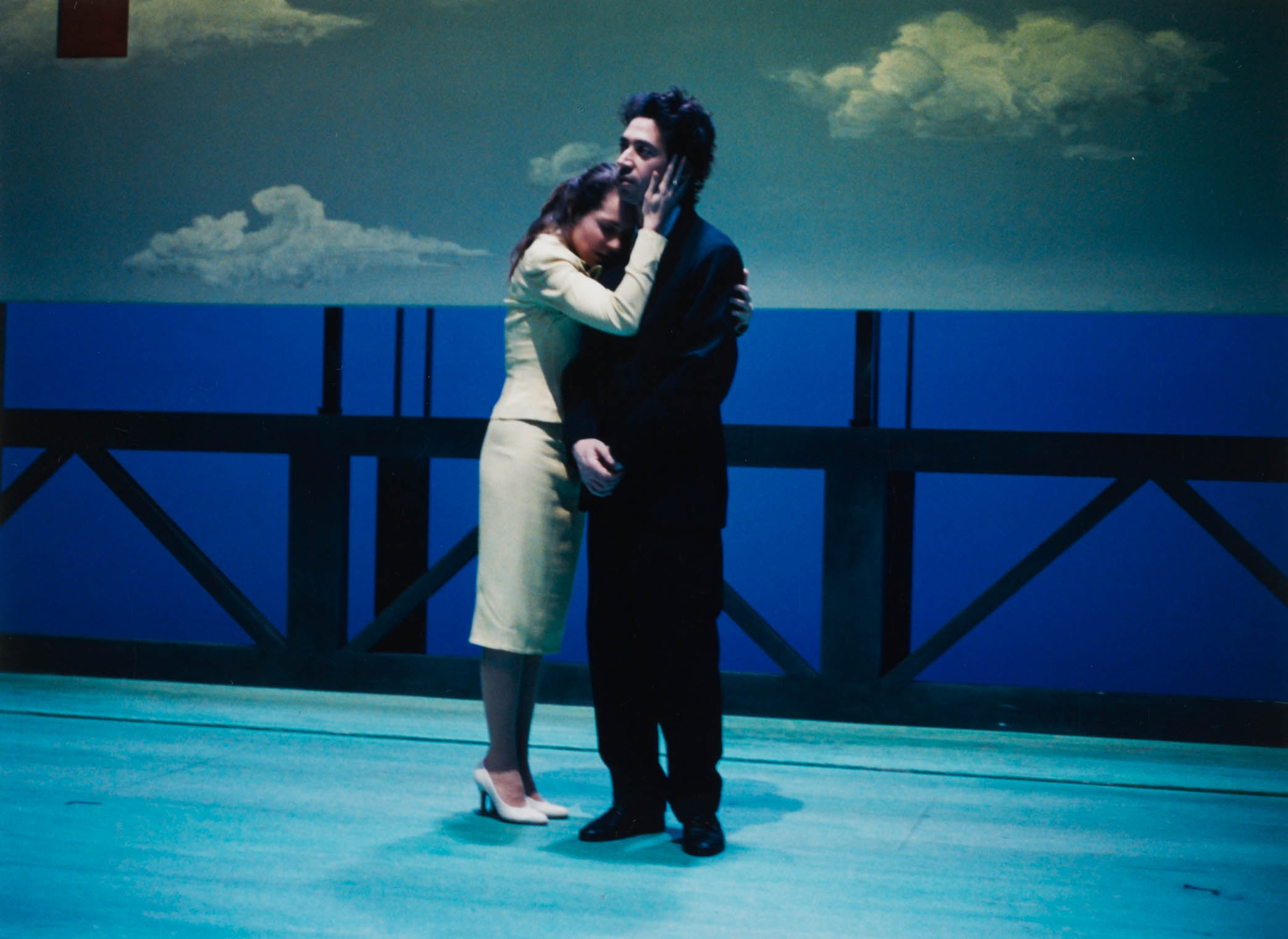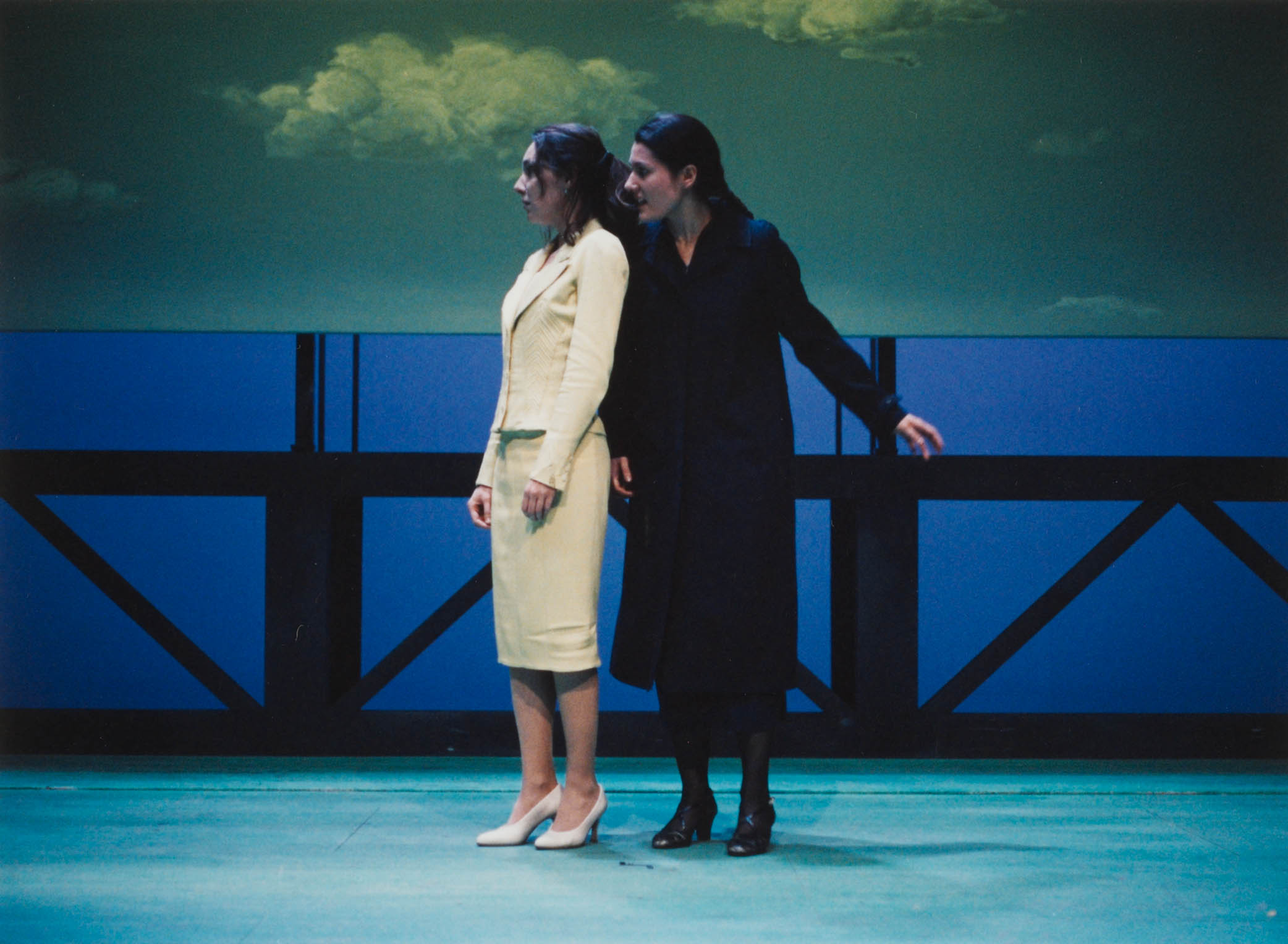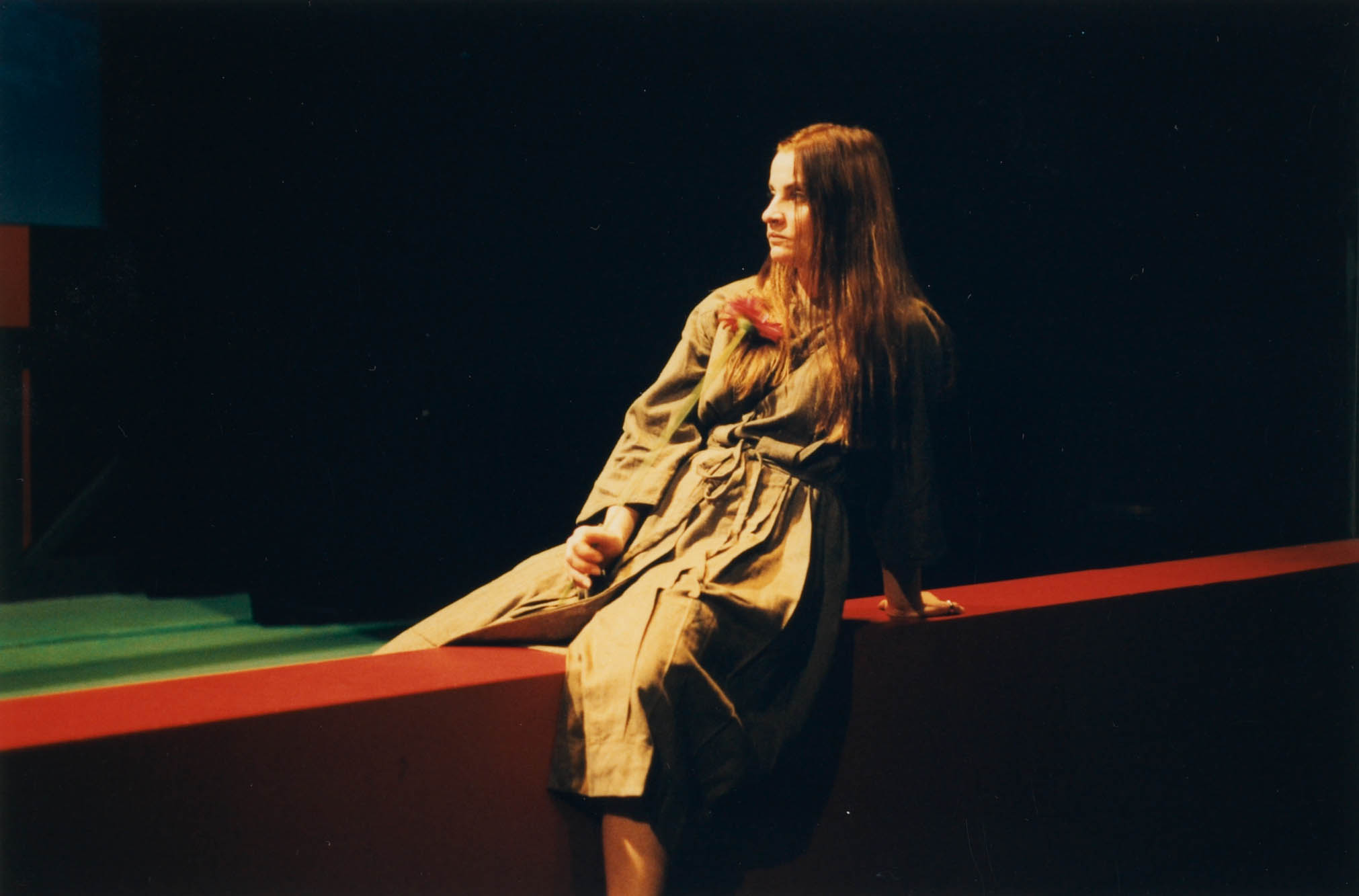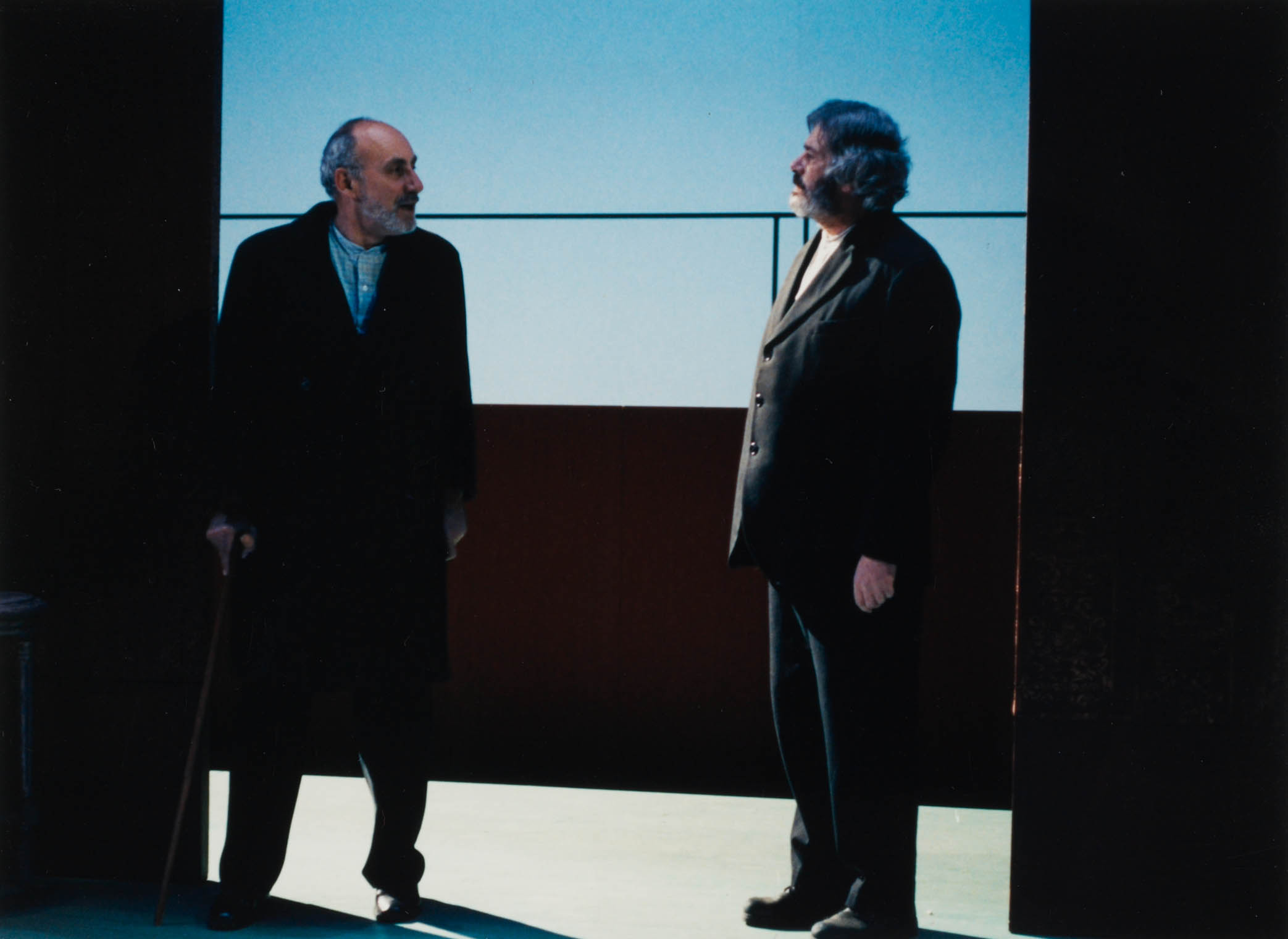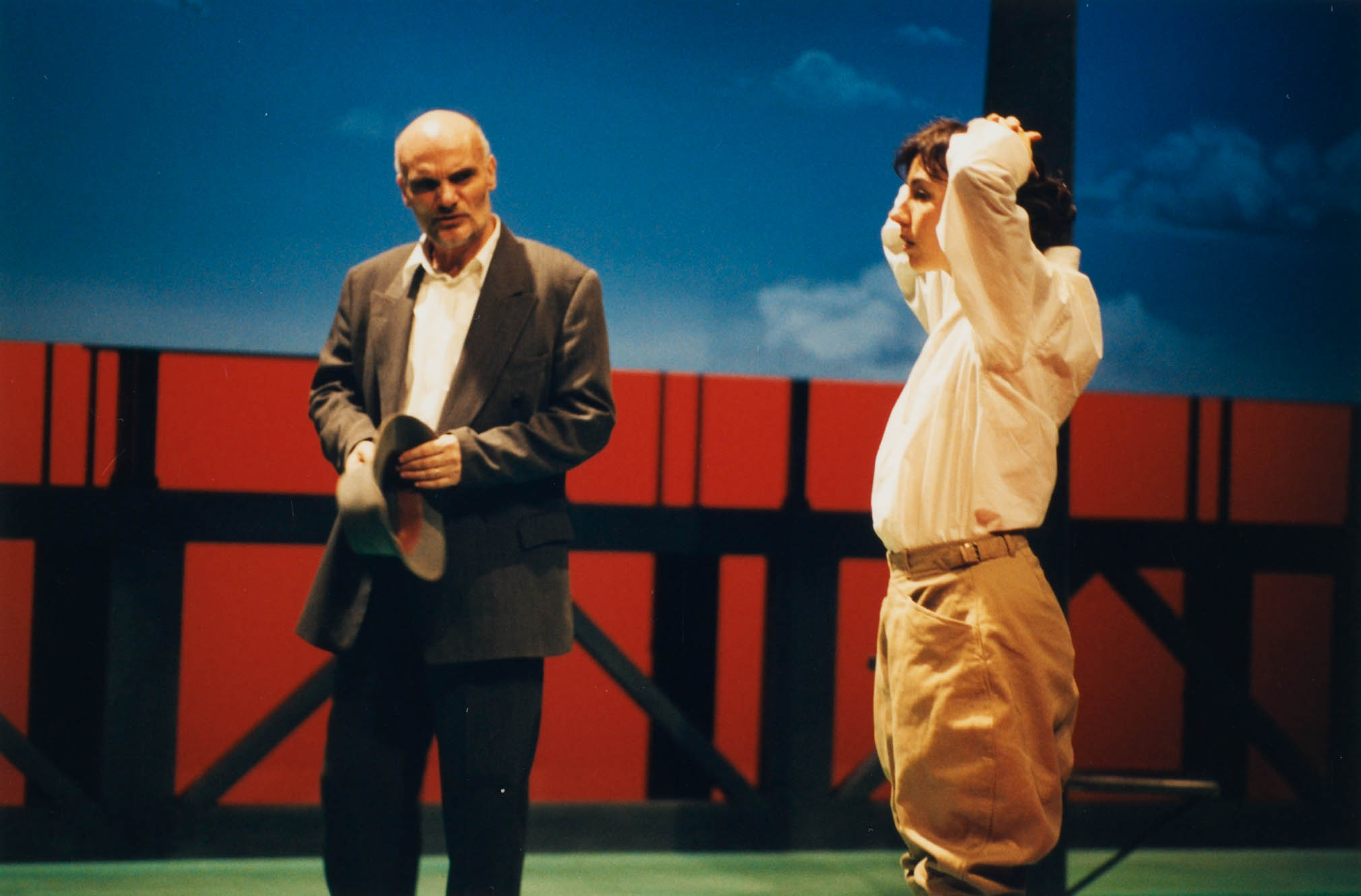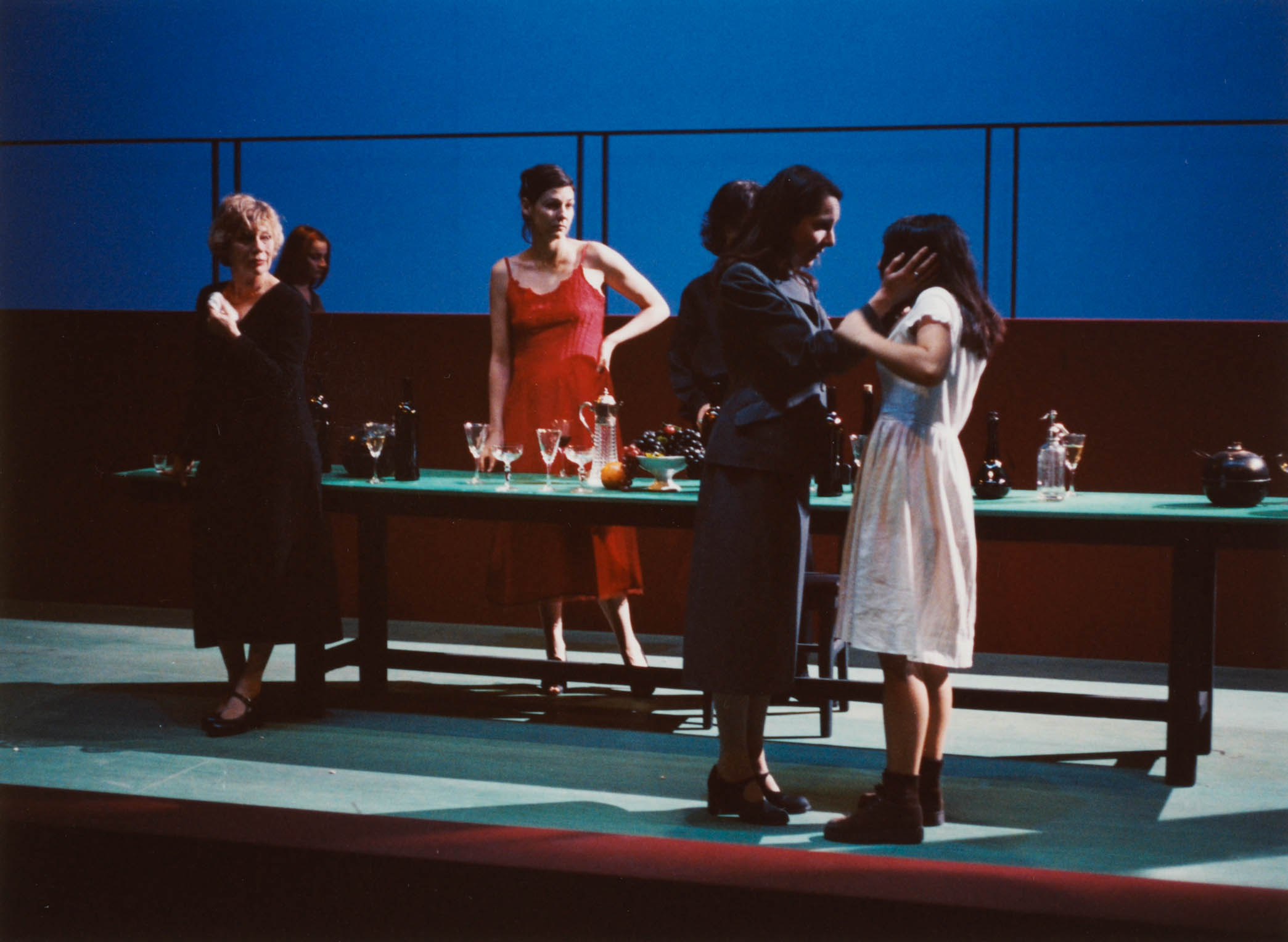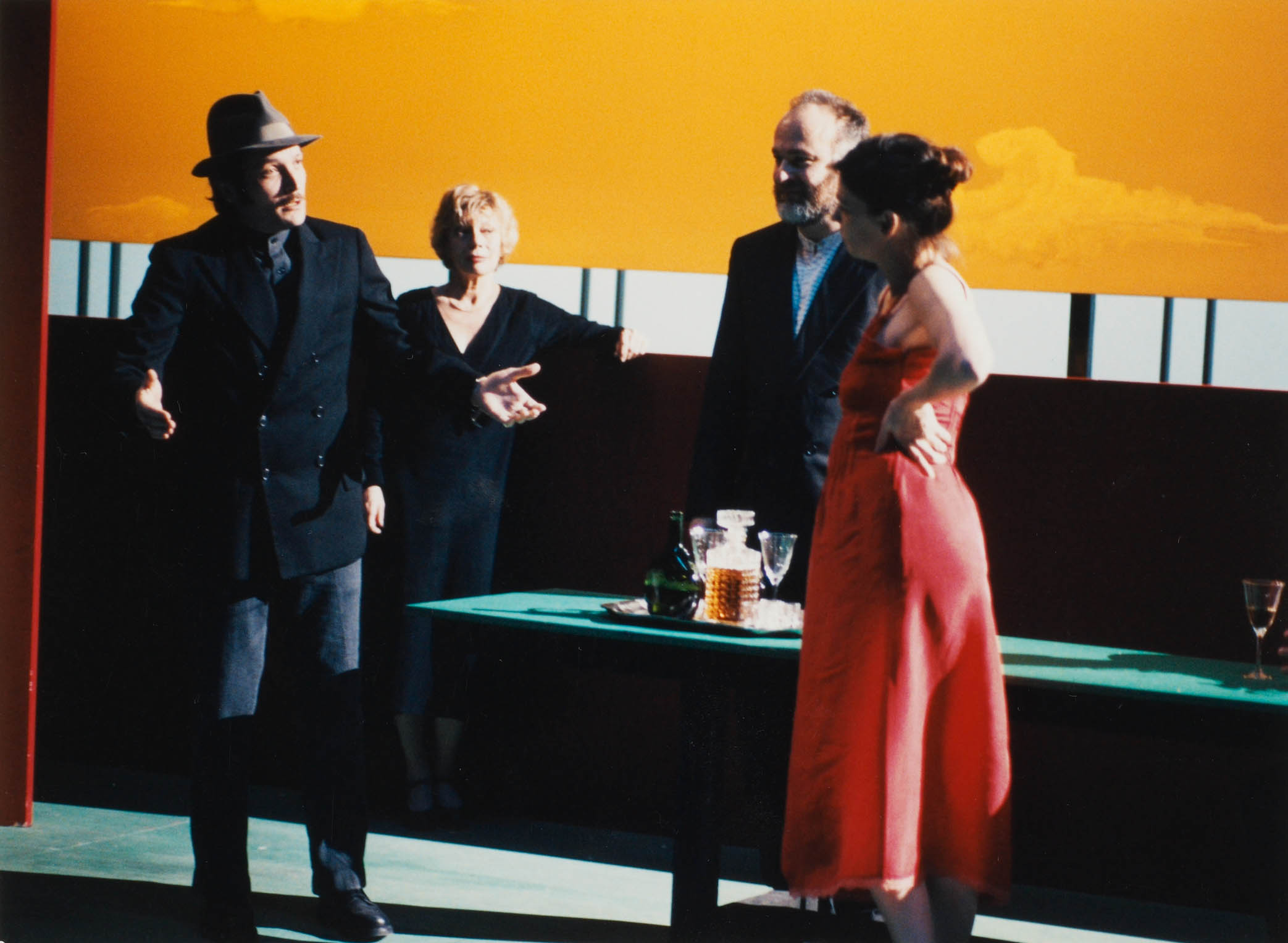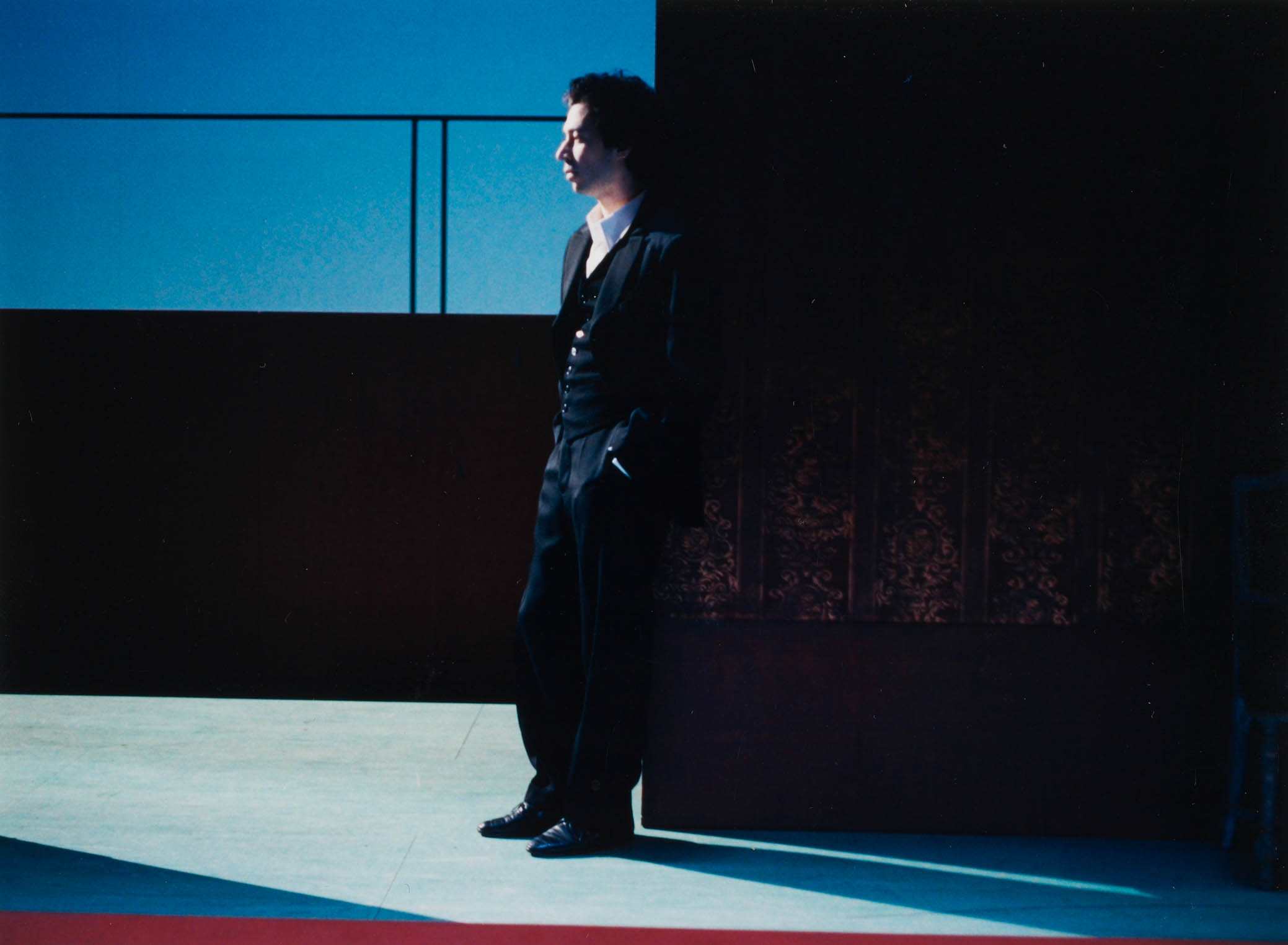Who has heard of the Philistines today, or even of Gorky's plays? Perhaps the best known play is the Lower Depths. In 1994 Lluis Pasqual directed Summer Folk at the Odéon. The Philistines, however, is only too rarely staged (although it was seen in France at the Théâtre Récamier, in 1965). This may be because of the complex, dense realism of the writing, reminiscent of either Chekhov or the cinema. The cast includes more than twenty characters of every age and social group, coming and going at different points, different levels, crossing paths and sometimes disappearing as mysteriously as they had appeared. In each of the four acts, the plot, or more accurately the various actions occurring without being bound by a solution of continuity, move ahead, side by side, interfering, diverging, with tiny subtle effects, offering the spectacle of a teeming fresco, a swirling scene of the everyday routine of Verkhopolie, the type of small provincial town where people are always talking of moving away, but never do, where neighbours spy on one another while going about their everyday business, where there is always something - and nothing - happening, until one day when two engineers suddenly appear to carry out the preparatory work for the railway to reach the town. It could almost be Chekhov, although gone are the remnants of an old world which had reached its twilight with the Cherry Orchard and the Three Sisters. Futile existences attempting to hide emptiness beneath obsessive surveillance of everyone else no longer has the discreet contrast of nostalgia. The inertia of Verkhopolie will be opened up to the world: "At last people will be able to come here" exclaims one of the locals. But this accessibility has other effects. Whether truths are spoken, passions are rekindled or strange temptations emerge, the arrival of engineers from the outside has cast a harsh light (which does not spare the engineers either), revealing the petty habits that come with isolation, the footling local privileges and all forms of humiliation and ascendancy, whether in politics, the family or marriage, feeding the ego of each and every member of society. Such light also exposes ideals - the same naivety of a Madame Bovary, old-fashioned romanticism, or vulgar, misinterpreted Nietzschism. Indeed, nothing can be relied on any more and the Philistines may very well be omnipresent. This swarming section of humanity set in a play would seem to be tailor-made for a theatre company and the Odéon actors had already thought of performing it. With a few friends they have now embarked on the adventure with Patrick Pineau.
Cast
by MAXIME GORKI
directed by PATRICK PINEAU
French translation: André Markowicz
Dramaturgy: Eugène Durif
Sets: Sylvie Orcier
Lighting: Marie Nicolas
Music & Sound Effects:
with Gilles Arbona, Frédéric Borie, Hervé Briaux, David Bursztein, Jean-Michel Cannone, Irina Dalle, Eugène Durif, Eric Elmosnino, Pascal Elso, Leïla Ferault, Jérôme Kircher, Laurent Manzoni, Christelle Martin, Mathias Mégard, Philippe Morier-Genoud, Cendrine Orcier, Fabien Orcier, Annie Perret, Patrick Pineau, Julie Pouillon, Marie-Paule Trystram, Nathalie Villeneuve.
production : Odéon-Théâtre de l'Europe
,


